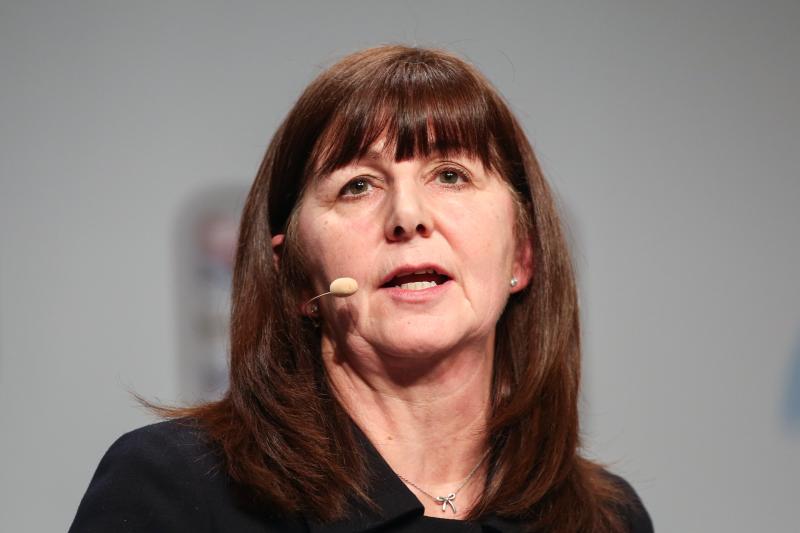
Farmers feel 'targeted' as calls grow for the public to reduce their meat intake despite the fact that British meat production is 'very sustainable', Wales' farming minister says.
It comes as the UK's Committee for Climate Change and the UN's Intergovernmental Panel on Climate Change (IPCC) produced reports earlier this year which highlight the need for measures to reduce global warming.
But farm groups criticised the media for being 'biased' and 'selective' in their pursuit to use the reports to drive an anti-meat agenda.
The National Sheep Association (NSA) said British sheep farming was being 'wrongly blamed' for climate change due to 'unbalanced and inadequate' reporting.
Lesley Griffiths, the Welsh government's rural affairs minister, has now said that farmers are feeling increasingly 'targeted'.
Speaking on the BBC's Sunday Politics Wales (15 September), she said the public can help reduce emissions by buying British.
“I think what we need to look at [is] the way meat is produced in Wales, for instance. It's very, very sustainable.”
Asked if the public should cut down on meat consumption, she said: “I don't think so. I think it's a balance - I think it's a personal choice.”
NFU President Minette Batters said the industry's plan for achieving net zero is to 'make the most out of natural resources'.
“With 65% of UK farmland best suited to growing grass, this means using our grasslands, which are also a huge store of carbon, to produce high quality beef and lamb,” she said.
“British farmers are determined to continue reducing methane emissions through a variety of methods, including dietary changes and breeding techniques.
“Alongside this, we are also looking for ways to continue to improve soil health and increase organic matter within our soils, which is one of our greatest assets.”
